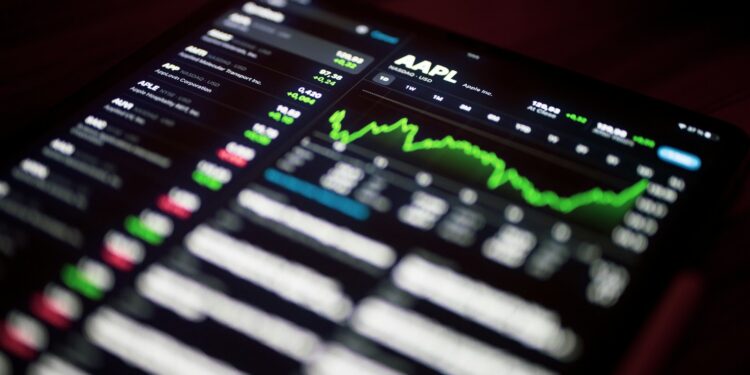Berkshire Hathaway, led by Warren Buffett, has recently taken significant actions. The firm has divested a considerable portion of its shares in Apple and Bank of America, alongside halting its stock repurchase program.
By the end of September, Berkshire boasted a historic cash reserve of $325 billion, a notable increase from $272 billion at the conclusion of June. In the third quarter alone, the company offloaded $36 billion in stocks.
For four consecutive quarters, Buffett has been selling off Apple shares. Since the close of 2023, Berkshire has liquidated approximately 70% of its stake in the tech giant, now holding roughly $70 billion in Apple stock.
Additionally, since mid-July, Berkshire has sold approximately $10 billion worth of Bank of America shares. Bucking the trend, the company did not repurchase any of its own shares in the last quarter, marking the first such instance since 2018. So, what could be the reasoning behind Buffett’s substantial selling?
Changes in Berkshire’s investment approach
Buffett has provided several explanations. Firstly, he believes that current stock valuations are inflated.
Secondly, he anticipates an increase in capital gains taxes. Buffett aims to realize his profits through sales before such changes take effect. This has raised concerns among some investors.
Many speculate that Buffett may foresee a significant downturn in the stock market. Others wonder if Berkshire is accumulating cash for a major acquisition. At 94 years of age, Buffett’s focus may be shifting.
Another scenario is that he is getting ready to relinquish hands-on control over Berkshire’s investment strategies, paving the way for his successors to modify the company’s asset distribution. Ultimately, deciphering Buffett’s intentions is quite complex.
As one market analyst pointed out, “It’s unwise to overinterpret Buffett’s recent decisions as there are multiple rational explanations for his behavior.” Imitating Buffett’s trading decisions does not assure positive outcomes for other investors.


